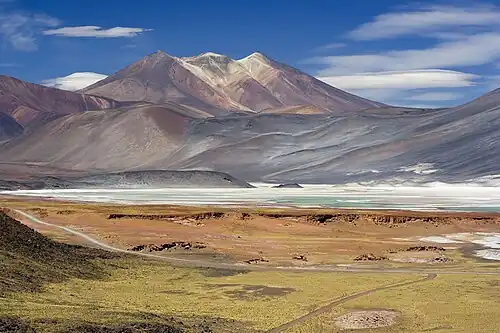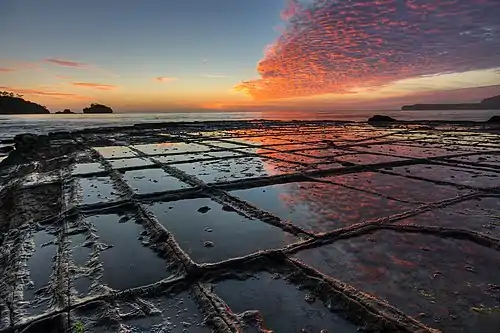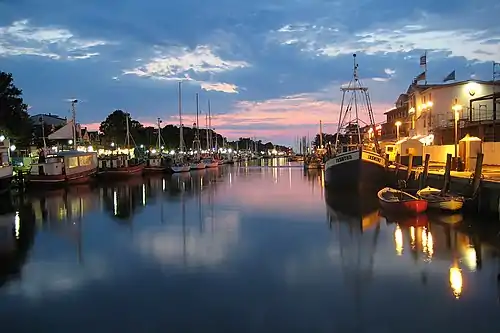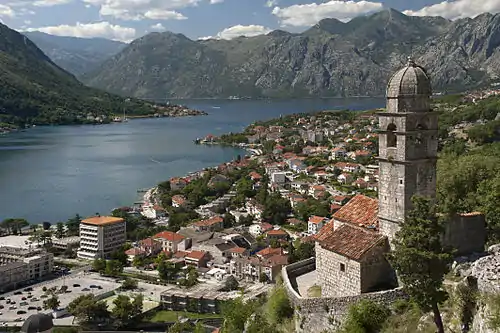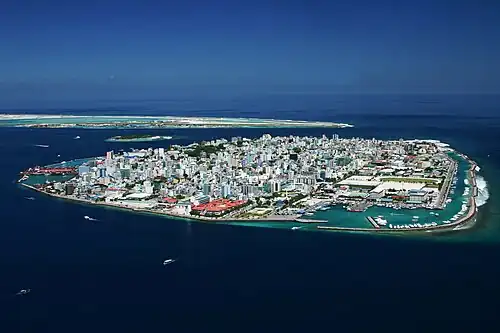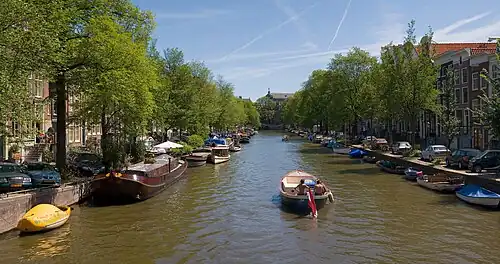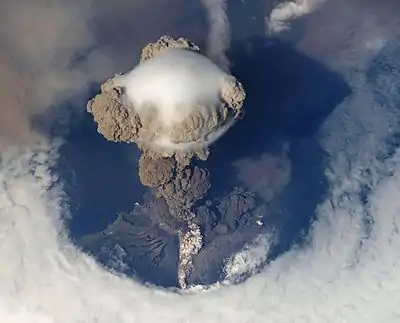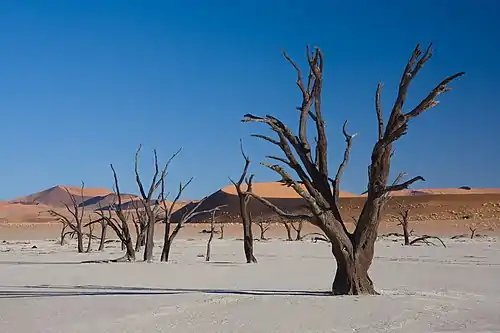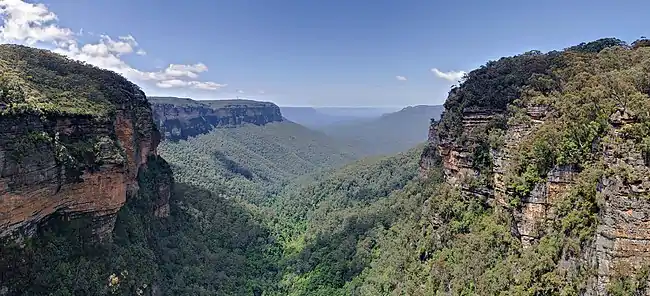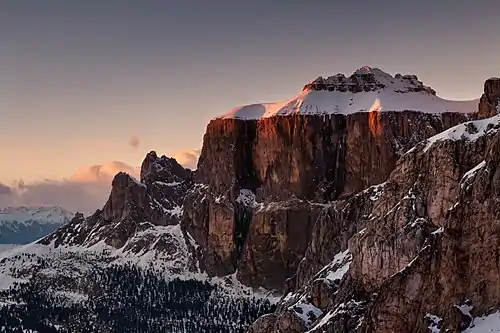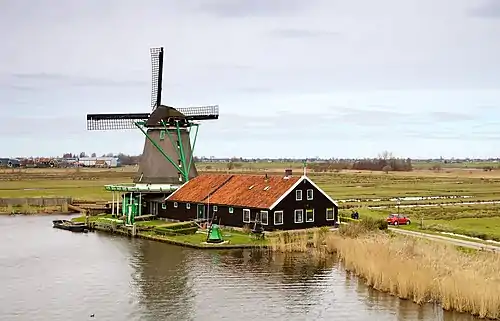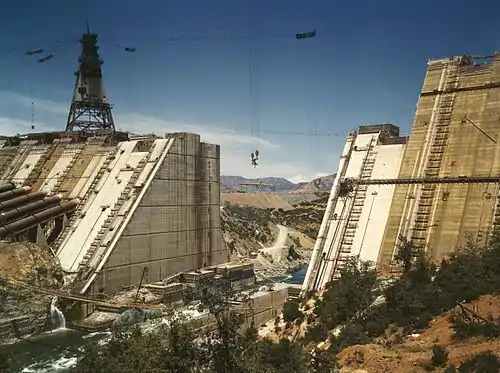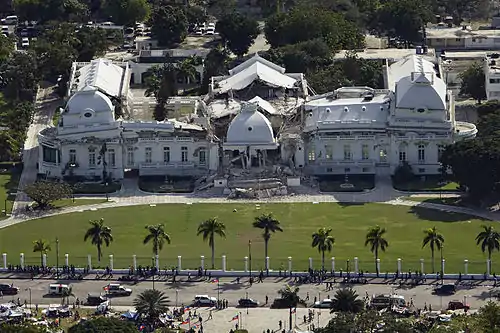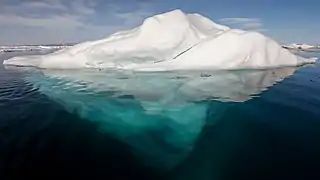Portal:Geography
The Geography Portal
Geography (from Greek: γεωγραφία, geographia. Combination of Greek words 'Geo' (The Earth) and 'Graphien' (to describe), literally "earth description") is a field of science devoted to the study of the lands, features, inhabitants, and phenomena of Earth. Geography is an all-encompassing discipline that seeks an understanding of Earth and its human and natural complexities—not merely where objects are, but also how they have changed and come to be. While geography is specific to Earth, many concepts can be applied more broadly to other celestial bodies in the field of planetary science. Geography has been called "a bridge between natural science and social science disciplines."
The first recorded use of the word γεωγραφία was as a title of a book by Greek scholar Eratosthenes (276–194 BC). However, the concepts of geography (such as cartography) date back to the earliest attempts to understand the world spatially, with the earliest example of an attempted world map dating to the 9th century BCE in ancient Babylon. The history of geography as a discipline spans cultures and millennia, being independently developed by multiple groups, and cross-pollinated by trade between these groups. The core concepts of geography consistent between all approaches are a focus on space, place, time, and scale.
Today, geography is an extremely broad discipline with multiple approaches and modalities. There have been multiple attempts to organize the discipline, including the four traditions of geography, and into branches. Techniques employed can generally be broken down into quantitative and qualitative approaches, with many studies taking mixed-methods approaches. Common techniques include cartography, remote sensing, interviews, and surveys. (Full article...)
 Featured article -
Featured article -
In this month
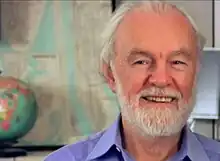
- 9 October 1851 – Work began on the constitution of the American Geographical Society, at a meeting held in the Geographical and Statistical Library in New York City
- 15 October 2011 – Beginning of broadcasting of National Geographic Farsi
- 31 October 1693 – Formation of township which later became city of Perth Amboy, New Jersey
- 31 October 1935 – Birth of geography and anthropology professor David Harvey (pictured), in Gillingham, Kent, South East England
 Vital article
Vital article
Oceania (UK: /ˌoʊsiˈɑːniə, ˌoʊʃi-, -ˈeɪn-/ OH-s(h)ee-AH-nee-ə, -AY-, US: /ˌoʊʃiˈæniə, -ˈɑːn-/ ⓘ OH-shee-A(H)N-ee-ə) is a geographical region comprising Australasia, Melanesia, Micronesia, and Polynesia. Outside the English-speaking world, Oceania is generally considered a continent, while Australia is regarded as an island or a continental landmass contained inside of the larger continent of Oceania. Spanning the Eastern and Western hemispheres, at the center of the water hemisphere, Oceania is estimated to have a land area of about 9,000,000 square kilometres (3,500,000 sq mi) and a population of around 44.4 million as of 2022. When compared to the other continents, Oceania is the smallest in land area and the second-least populated after Antarctica. (Full article...)
Other vital articles |
|---|
Related portals
Get involved
 |
Here are some tasks awaiting attention:
|
Selected pictures
 Featured biography
Featured biography
Richard Hakluyt (/ˈhæklʊt, ˈhæklət, ˈhækəlwɪt/; 1553 – 23 November 1616) was an English writer. He is known for promoting the English colonization of North America through his works, notably Divers Voyages Touching the Discoverie of America (1582) and The Principal Navigations, Voyages, Traffiques and Discoveries of the English Nation (1589–1600).
Hakluyt was educated at Westminster School and Christ Church, Oxford. Between 1583 and 1588 he was chaplain and secretary to Sir Edward Stafford, English ambassador at the French court. An ordained priest, Hakluyt held important positions at Bristol Cathedral and Westminster Abbey and was personal chaplain to Robert Cecil, 1st Earl of Salisbury, principal Secretary of State to Elizabeth I and James I. He was the chief promoter of a petition to James I for letters patent to colonize Virginia, which were granted to the London Company and Plymouth Company (referred to collectively as the Virginia Company) in 1606. The Hakluyt Society, which publishes scholarly editions of primary records of voyages and travels, was named after him in its 1846 formation. (Full article...)More featured biographies |
|---|
Did you know
- ... that glaciation in Wisconsin 17 thousand years ago helped create its unique geography?
- ... that Johann Reinhold Forster's 1778 book Observations Made During a Voyage Round the World has been described as "the beginning of modern geography"?
Places around you
Special:Nearby
Top 10 WikiProject Geography Popular articles of the month
Featured pictures
Main articles
 Categories
Categories
Associated Wikimedia
The following Wikimedia Foundation sister projects provide more on this subject:
-
 Commons
Commons
Free media repository -
 Wikibooks
Wikibooks
Free textbooks and manuals -
 Wikidata
Wikidata
Free knowledge base -
 Wikinews
Wikinews
Free-content news -
 Wikiquote
Wikiquote
Collection of quotations -
 Wikisource
Wikisource
Free-content library -
 Wikiversity
Wikiversity
Free learning tools -
 Wikivoyage
Wikivoyage
Free travel guide -
 Wiktionary
Wiktionary
Dictionary and thesaurus
-
 List of all portalsList of all portals
List of all portalsList of all portals -
 The arts portal
The arts portal -
 Biography portal
Biography portal -
 Current events portal
Current events portal -
 Geography portal
Geography portal -
 History portal
History portal -
 Mathematics portal
Mathematics portal -
 Science portal
Science portal -
 Society portal
Society portal -
 Technology portal
Technology portal -
 Random portalRandom portal
Random portalRandom portal -
 WikiProject PortalsWikiProject Portals
WikiProject PortalsWikiProject Portals
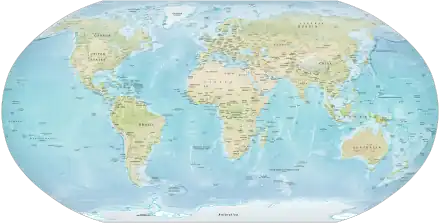

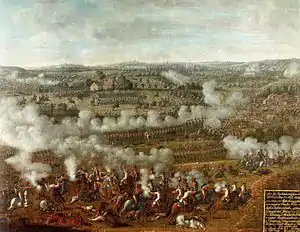

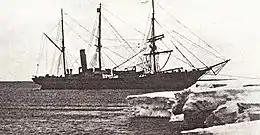



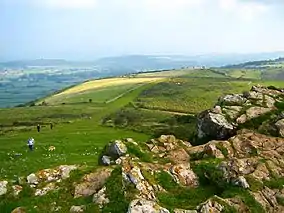
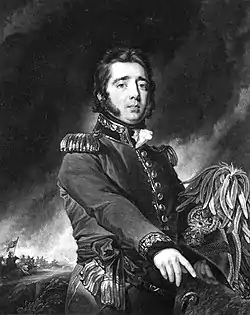
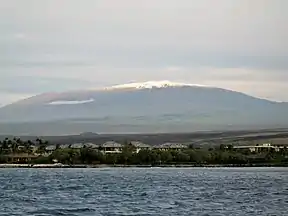
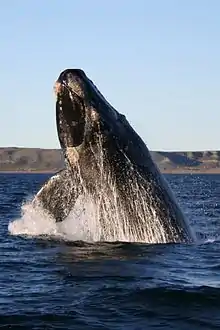

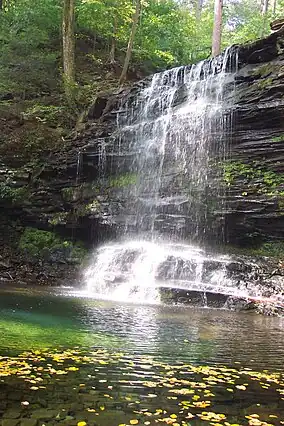

.jpg.webp)

.svg.png.webp)

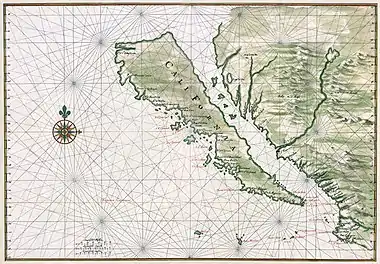




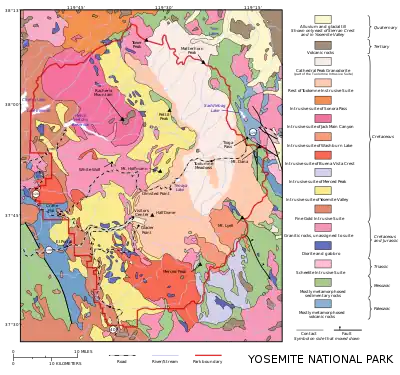

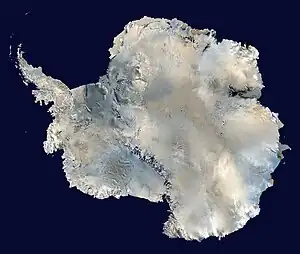
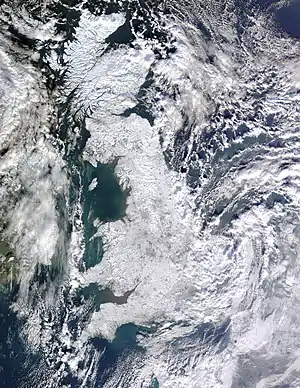




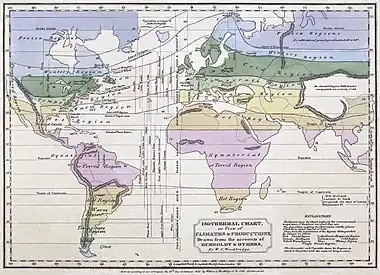

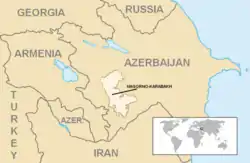

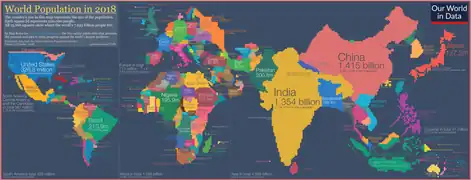
.jpeg.webp)


